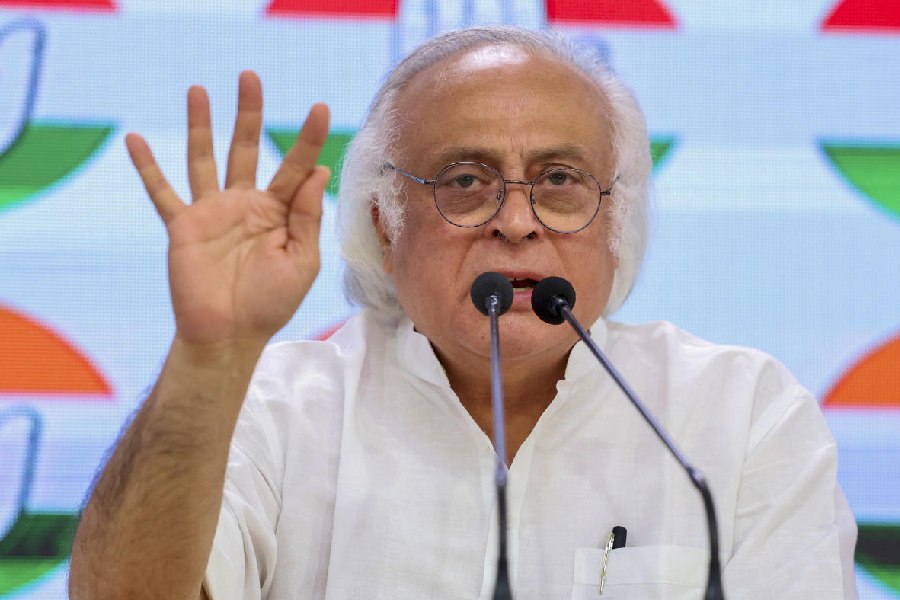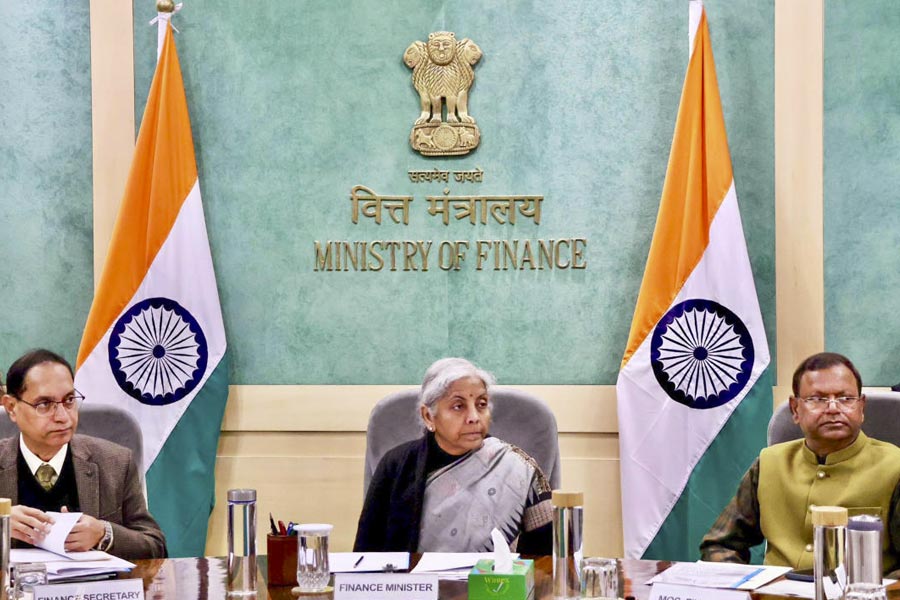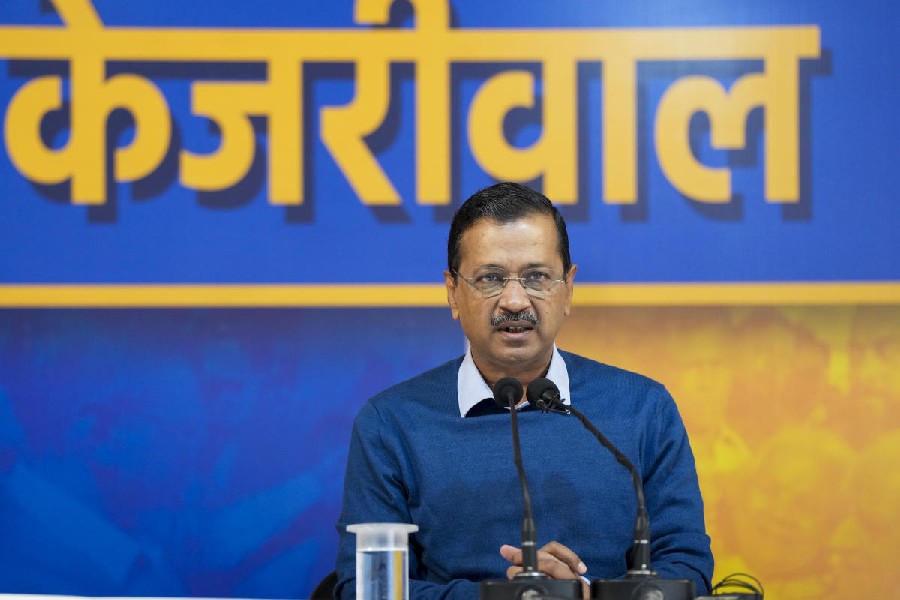The Election Commission has started gearing up for the Lok Sabha polls with a summary revision of the electoral rolls. Every political party will now spend time in creating a blueprint of good governance through its respective manifesto. Party manifestos are important guidelines for policy-framing. Hence, the preparation and the release of party manifestos is a much-celebrated affair in India. For the aam aadmi, these manifestos reflect the concerns of political parties about welfare and development.
Some of India’s most acute problems include water crisis, rising prices of food grains, rise in temperature, increase in incidence of diseases and so on. Be it the flash floods in Uttarakhand and Sikkim or the smog in Delhi, ecological concerns have serious implications for our everyday lives. But do party manifestos reflect environmental concerns?
The environment does find a space in party manifestos — but in a skewed manner. The Bharatiya Janata Party manifesto of 2019, for example, talked of the environment as part of good governance. It promised a reduction in pollution by converting the National Clean Air Programme into a mission so that pollution gets reduced by at least 35% over a period of five years. The attribution of a ‘Green Bonus’ to the Himalayan states for the protection of forests and providing basic amenities to tribals was put forward. But whether these promises translated into practice remains to be assessed.
The Congress manifesto in 2019 envisaged environment and climate change along with health, education, food and nutrition, sanitation and hygiene as necessary aspects of dignified living for all. It proposed a multi-pronged action plan to address these environmental problems with interventions at several levels with a bigger role for elected local and municipal bodies. The efforts remain largely unrealised as the party is not in power.
The same year, the manifesto of the Communist Party of India (Marxist) had a developmentalist focus. Its central focus was on strengthening regulatory authorities and institutions in states or at the Centre to tackle environmental problems. Its emphasis on the need to make environmental clearance processes effective, accountable and transparent reveals its underlying orientation of treating the environment as a resource to be exploited, rather than perceiving it in relational terms.
The Aam Aadmi Party manifesto did not have a clear environmental focus although it did dwell on the two problems that Delhi faces — pollution and the Yamuna’s rejuvenation. Ironically, the need for the restoration of the Yamuna’s ecosystem was felt more for the purposes of beautification and for developing it as a tourist destination rather than for ecological reasons.
Green politics has become quite popular in the West. As a political ideology, it emphasises four main ideas: ecological sustainability, social justice, participatory democracy and non-violence. In India, there have been attempts to form Green parties but they have not had a successful run. The Indian National Green Party was the first to be launched in 1999. Other such attempts include the Green Party of India, the Indian People’s Green Party and the India Greens Party. Unfortunately, none of these parties has been able to create a space for themselves either in the popular imagination or within the political space. This could be because the environment is not perceived to be a serious political issue.
The need of the hour is to incorporate ecological concerns into welfare and policy decisions. Political manifestos have to reflect an ecological imagination too so that governments can think of welfare in relation to the health of citizens and that of nature.
Jhumpa Mukherjee teaches Political Science and Shoma Choudhury Lahiri teaches Sociology at St. Xavier’s College (Autonomous), Calcutta











